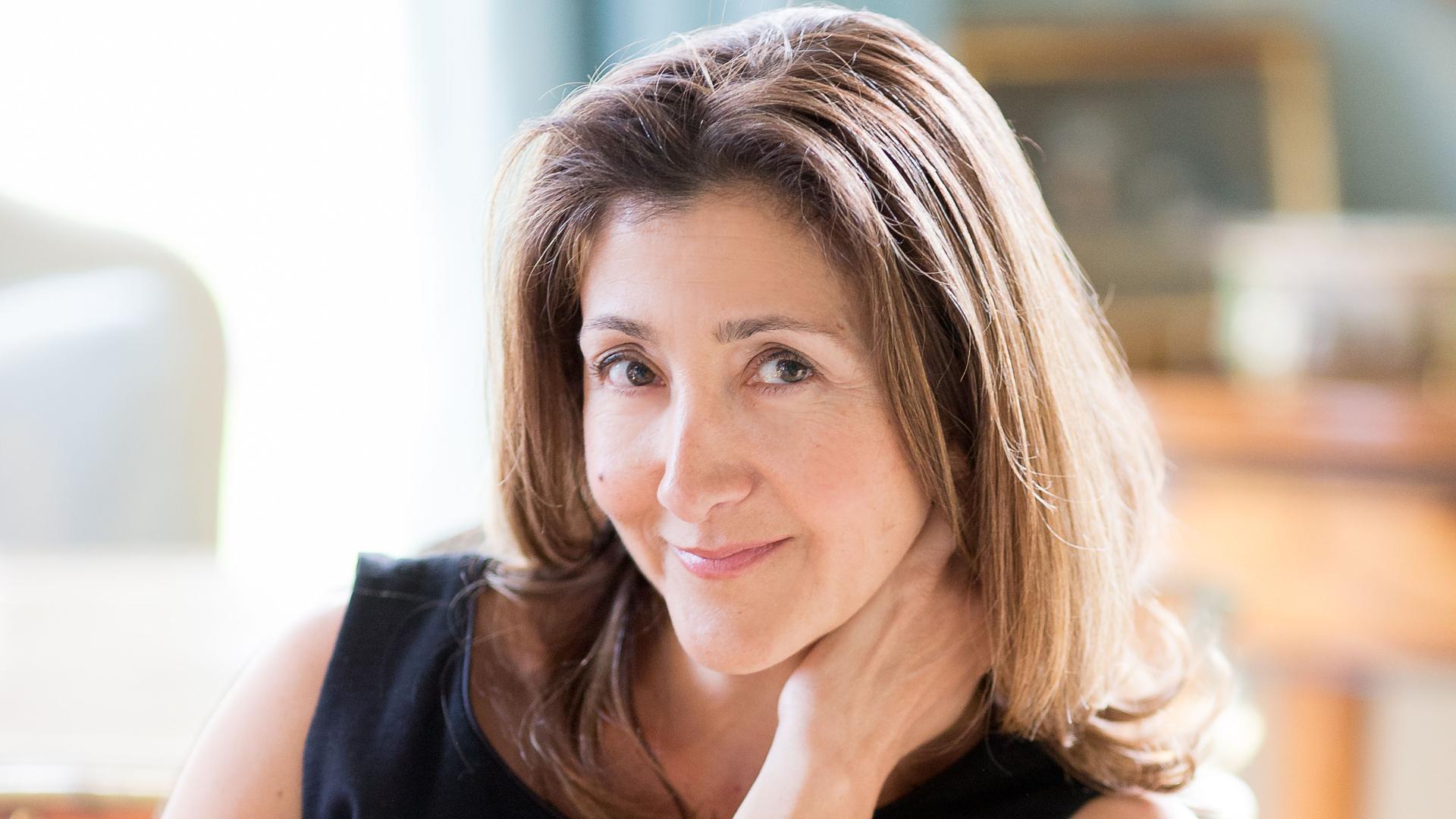Ingrid Betancourt was held hostage by Colombia’s rebels for six years. Now she thinks peace could be near.
Colombian author and former hostage Ingrid Betancourt.
Ingrid Betancourt, one of the world's most famous former hostages, can't recall a time when her native Colombia was not at war.
Finally, that seems about to change.
The rebels who captured the 54-year-old former presidential candidate and held her captive in Colombia's jungles for six years have signed a ceasefire. If it holds, a conflict that's raged for five decades will draw to a close.
"It's a huge, huge event for all of us," Betancourt says. "As a victim, I have to say that there are all kinds of mixed feelings coming to this moment. Because of course you feel that the ones that have signed the peace agreement are the ones that held you captive for so many years. But at the same time, I think that we all have the responsibility not to give a heritage to the future generation of the hatred and the violence."
Betancourt was running for president in Colombia in 2002 when she was abducted by anti-government FARC rebels. Security forces rescued her in 2008. She now lives in Paris, where she's written several books, including a recent novel, "The Blue Line."
She fell out of favor with some Colombians shortly after her rescue when she sued her country's government for being negligent in her kidnapping. After her $5 million lawsuit sparked outrage, Betancourt withdrew it, and acknowledged her error.
"I was in the victim-mode. I was just out of the jungle. People in my country were seeing me as a leader and they couldn't understand that I was claiming compensation," she says. "We have 8 million victims. So if all the 8 million victims would have asked what I was asking, it [would be] impossible."
Still, Betancourt argues that Colombia's kidnapping victims deserve some sort of compensation.
"The reparation has to involve many things, not only economics. There are other means of reparation, emotional is one," she says. "This is something that we have to discuss between Colombians; it's an open wound."
Betancourt says the collective voices of victims can be a constructive force for Colombia. She says she sees their suffering as "a sort of down-payment" for a better future for the country.
And the former senator hasn't given up on a political future for herself.
"Right now to be very honest, my priority is my family. … I lost seven years of presence with my children, now I have been blessed because I have two grandchildren coming," she says, adding, "But if Colombia needs me, I will always be there for my country."
